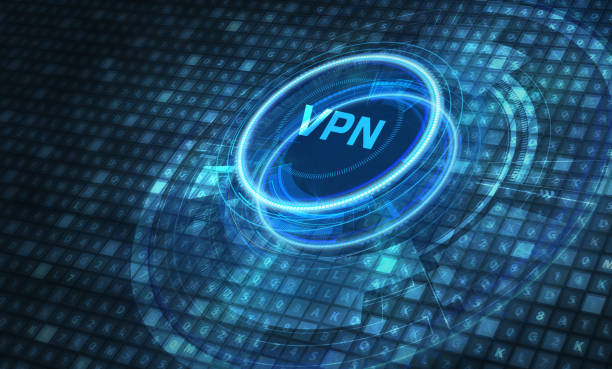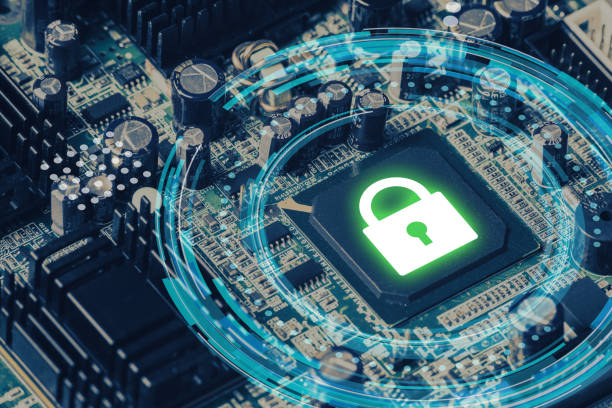Web privacy is an issue that is affecting the world as many businesses and activities shift online due to the pandemic. In that context, various solutions have come up to ensure that the privacy of users is maintained always.
The internet has greatly revolutionized the way people live and relate with each other. It has changed how we work, travel, access different information, communicates, and even interact with one another. Along with all that, there comes a greater level of freedom that we now enjoy due to democratizing and decentralizing information.
Through decentralization, the internet has opened up to a bigger debate, analysis, and scrutiny by the general public on the matters that affect them and the world in general. The sphere of influence is shifting away from centralized authorities and the purported mainstream media thanks to the internet.
In a rush to grasp the freedoms provided by the internet, people have neglected or been forced to neglect something equally important: privacy. Billions of people keep flocking to join the latest social media networks. But as they do that, they fail to notice that they are the real product behind these new free services.
Incentivized by the ‘free’ platforms and peer pressure, some segments of the internet turned into factories for data collection. They collect valuable user data and information passed on to the platform’s real clients: the highest bidders. A few big corporations acquired huge segments of the internet, harvesting a lot of data property that belongs to other people. They have diluted privacy rights and opened doors to censorship.
The centralizing factor together with many other fears surrounding surveillance, accessibility, and net neutrality have resulted in enhanced privacy awareness. Decentralized private networks provide the benefits of VPNs but come with extra advantages that exclude centralized control.
The First Step In Securing User Privacy Is VPNs
Interestingly, the origins of virtual private networks can be traced back to Microsoft in 1996, where Gurdeep Singh-Pall unveiled the Point-to-Point Tunneling Protocol for implementing virtual private networks (VPNs).
In 2021, VPN services are on the rise after an all-time high adoption level of about 27.1% in the last year. Some services like NordVPN reported a surge in VPN use during the COVID-19 lockdown as a result of an increase in the number of work-from-home orders.
The motivation that comes from the use of VPNs is variant depending on the security requirements to avoiding surveillance, overcoming any form of censorship, and enhancing different streaming services. Irrespective of all that, VPNs enable users to send their web traffic via an encrypted tunnel to a server that is managed by the VPN service provider.
Traffic also exists on the web where data continues to get encrypted, provided users just connect to secure their HTTPS sites, preserving privacy as a result. VPN services like NordVPN, ProtonVPN, and Surfshark use minimal data logging, strong security protocols, private Domain Name System (DNS), servers, and internet-friendly jurisdictions.
In turn, it leads to different benefits including avoidance of censorship, boosted security on private and public connections and data transfers, online anonymity, and remote access. That is a step in the right direction. But, VPNs can considerably slow down internet speed and cause poor connectivity.
Sites can even block traffic that is generated via a VPN using anti-VPN software or log data that can then get resold. Also, VPNs are a centralized service that still leaves the users vulnerable to data leaks and possible censorship. The way forward is ushered in by decentralized alternatives known as the decentralized private networks (DPNs).
Decentralized Private Networks
Just like the VPNs, the decentralized private networks or decentralized VPNs also employ encrypted tunnels to route web traffic. However, they do that over decentralized instead of centralized networks. DPNs are serverless and they are distributed. This characteristic ensures that high-security levels are maintained and user data is not logged, hacked, or subpoenaed.
In the decentralized private networks, the user devices function as both the client (the internet users) and servers like Google and Amazon Web Service. The IP addresses automatically change according to their routing rules which establish tunnels to the other nodes throughout the world.
The negation of a central point of control in DPN services means that there are no central points of attack, hence the network cannot be taken down. Users also have control over all their data since no centralized service provider has access to the information that they try to protect.
DPNs Are Rising In The Market
Users are now more aware of the privacy challenges and issues affecting the centralization of information and data. Thus, DPNs are becoming increasingly popular. Innovators and developers in the blockchain and crypto worlds are already leveraging the demand to offer enhanced protection to the netizens.
For instance, the Polkadot-based DPN project Deeper Network integrates blockchain, network security, and the sharing economy to set up a global peer-to-peer network that provides the same resilience against data breaches, theft and censorship just like the traditional VPNs. The only difference is that there is no need for a central server.
The same case goes for the DPNs like Mysterium Network and Hhopr that let people, applications, and organizations share information in total privacy.
Besides the software solutions of DPNs, there are other hardware devices like Deeper Connect, that create a private network for the users to browse through the internet in anonymity just like any other VPN.
The hardware decentralized VPNs provide a one-time purchase and no-subscription model. Users of these hardware VPNs can also share some of their idle bandwidth with the other users and earn some profit for their contributions.
This in general creates a private, highly secure, and rewarding network for the users to browse the internet. There is a huge possibility that the DPNs push the internet from where it operates and stands currently to a point of secure communication space where technology and ethics integrate to preserve human freedom, dignity, and independence.












